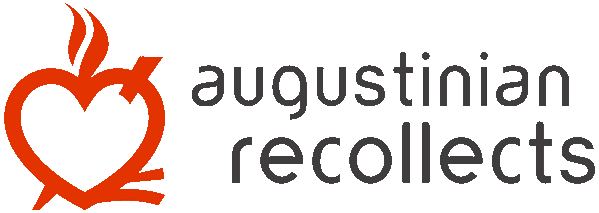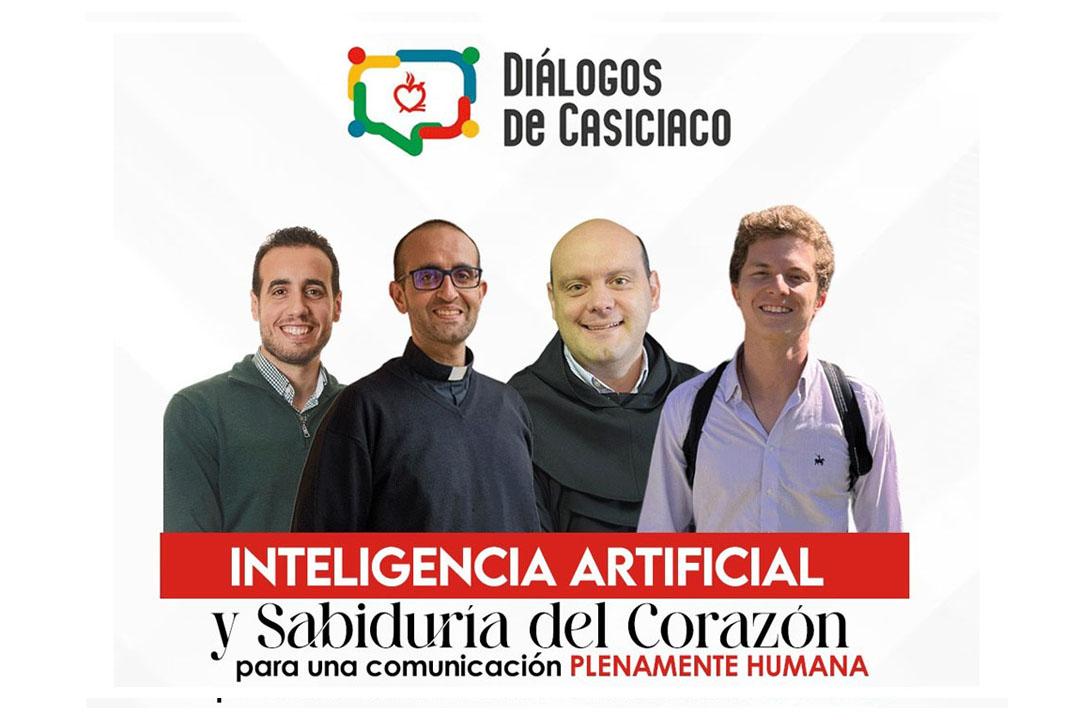On the occasion of the 58th World Communications Day, Pope Francis has meditated deeply on Artificial Intelligence (AI), the risks it entails, the challenges it poses and the need to reconsider its use so that we do not lose our humanity. He also invited all believers to reflect on the impact that this new branch of information technology can have on our lives.
The Order of Augustinian Recollects (OAR) has embraced this proposal and, in line with it, has presented a new initiative entitled
Casiciaco Dialogues
with which it intends to encourage joint reflection on current issues. Discussions will be held on line, on a regular basis, between guests from different countries, experts in the issues proposed. The title of the meetings alludes to the historical philosophical and theological conversations that took place in the village of Casiciaco, near Milan (Italy), in the 4th century. In them, St. Augustine met with his mother, St. Monica, and the members of his first community to discuss, reflect and ask questions.
The first edition of these Dialogues was held last Saturday, May 11, 2024, under the title.
Artificial Intelligence and Wisdom of the Heart for a Fully Human Communication
that Francis had proposed.
The event, moderated by the journalist Victoria Montaner, was attended by Msgr. Francisco Javier Aceromember of the Order and auxiliary bishop of the Archdiocese of Mexico, who contributed his experience in institutional communication and digital evangelization; Fr. Antonio CarrónGeneral Councilor of the Order and professor at the Gregorian University in Rome, who delved into the ethical aspects of AI; José Ángel Cuadrado, journalist and digital media expert, coordinator of the digital area of the communications group Apse Media (which integrates, among others, media outlets such as Radio COPEand the television channel THIRTEEN), who shared his vision of the intersection between technology and human communication, and Tomás Romerofounder of the community Fruit of the wood in Colombia, who offered his perspective on evangelization through social networks and music.
One of the issues that recurred repeatedly was the need to preserve authenticity and humanity in communication, even in a context increasingly permeated by technology. The speakers agreed that while AI can be a powerful tool for streamlining processes and extending the reach of messages, it should never supplant human connection and empathy.
In addition, the ethical challenges posed by the proliferation of AI were addressed, from the creation of digital content to its use in Journalism and Education. Participants stressed the importance of establishing solid ethical frameworks to guide their implementation and mitigate risks such as the dissemination of fake news and manipulation of information. In the course of the dialogue, the speakers expressed their confidence that AI coexists harmoniously with the wisdom of the human heart.
In fact, Msgr. Francisco Javier Acero emphasized the need to create an ethical framework and to know how to use it. He expressed his opinion that new technologies are necessary to reach a type of people not normally reached by the Church. He also stressed the value of being creative, but warned that we need the presence of the human factor in our relationships.
For his part, Friar Antonio Carrón warned that, in the field of education, putting up walls to technology is not good, because it tends to produce a rebound effect. He acknowledged that on many occasions we have not known how to set the right limits and implement it properly. However, he stressed his impression that, in this area, the positive elements that AI may bring (such as, for example, the personalization of teaching) may outweigh the negative ones.
José Ángel Cuadrado explained that we should all know a little about this new branch of information technology and how it works, as this will enable us to be critical of the content we consume on social networks. And he expressed his hope that the large companies that manage the Internet and are the owners of the digital world will train their algorithms to be unbiased and allow us to obtain useful information to reach the truth.
Finally, Tomás Romero expressed that, no matter what happens, man has to know where he comes from and that it is his responsibility to hold on to personal relationships, no matter how much AI may trample or put human dignity at risk. He advocated using it as a means and never as an end and to maintain fully human, face-to-face dialogues.
As mentioned above, the
Casiciaco Dialogues
will return every month with new proposals and topics for debate, learning and reflection.


